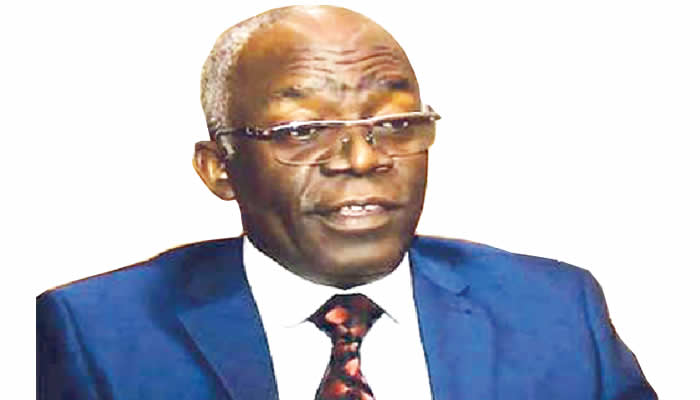The prominent human rights lawyer, Femi Falana, SAN, has advocated for a significant change in Nigeria’s electoral process, urging the Independent National Electoral Commission (INEC) to cease the practice of conducting by-elections. Falana argues that these supplementary elections constitute a wasteful expenditure of public funds, especially considering the established legal principle that election victories belong to political parties, not individual candidates. He proposes a more efficient and cost-effective system where, in cases of death, resignation, or impeachment of an elected official, the sponsoring political party would simply nominate a replacement, eliminating the need for a fresh electoral contest. This, he believes, aligns with the constitutional provision that recognizes political parties as the true victors in elections.
Falana’s argument hinges on the interpretation of Section 221 of the Nigerian Constitution, which emphasizes the role of political parties in elections. He cites a landmark Supreme Court ruling in Amaechi vs. INEC & Ors (2008), which affirmed that elections are won by political parties and not individual candidates. The court’s decision underscores the impossibility of independent candidacy in Nigeria’s electoral system, placing the onus of electoral contests squarely on political parties. This reinforces the idea that the mandate belongs to the party, not the individual holding the office. Therefore, in cases of vacancy, the party should have the right to fill that vacancy. This interpretation, according to Falana, provides a constitutional basis for eliminating costly and time-consuming by-elections.
Furthermore, Falana points to the judgment of Justice Pius Olayiwola Aderemi in the Amaechi case, which explicitly stated that it is the political parties that the electorate votes for. This reinforces the argument that the mandate resides with the party and not solely with the individual candidate. He also references a precedent in PDP v. INEC (1999), where Boni Haruna assumed the governorship of Adamawa State following Atiku Abubakar’s resignation and subsequent nomination as the vice-presidential candidate. This case serves as a practical example of a party successfully replacing its candidate without necessitating a by-election, thus supporting Falana’s proposition for a more streamlined process.
Falana contends that INEC’s current practice of conducting by-elections deviates from established legal precedent and constitutional principles. He highlights the case of the late Audu Abubakar, the then-governor-elect of Kogi State, whose death led to a supplementary election. Falana argues that this decision was a departure from the established norm and contributed to the unnecessary expenditure of public funds. He calls on the National Assembly to amend the Electoral Act to reflect the constitutional position on party supremacy in elections and empower political parties to directly replace elected officials who vacate their seats due to death, resignation, or impeachment.
The adoption of Falana’s proposal would represent a significant shift in Nigeria’s electoral landscape. By eliminating by-elections, the country could save substantial resources currently allocated to these supplementary polls. These funds could be redirected to other critical sectors such as education, healthcare, or infrastructure development. Moreover, this change would streamline the electoral process, reducing the disruption and administrative burden associated with organizing by-elections. It would also provide political parties with greater autonomy in managing their affairs and filling vacant positions, further reinforcing their central role in the democratic process.
In conclusion, Falana’s call for an end to by-elections represents a pragmatic and constitutionally sound approach to electoral reform. His argument, rooted in established legal precedents and constitutional interpretations, emphasizes the primacy of political parties in Nigeria’s electoral system. By empowering parties to directly replace vacated seats, the country can potentially save significant resources, streamline the electoral process, and strengthen the role of political parties in democratic governance. This proposed reform requires legislative action from the National Assembly to amend the Electoral Act, bringing it in line with constitutional principles and fostering a more efficient and cost-effective electoral system.


